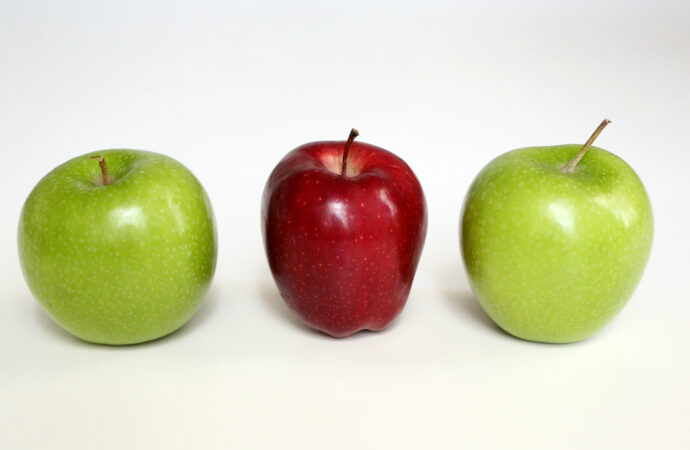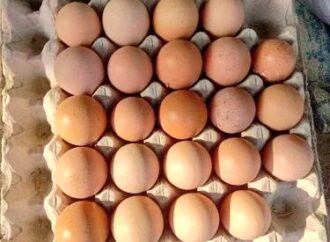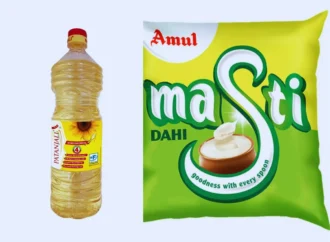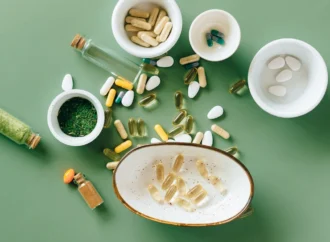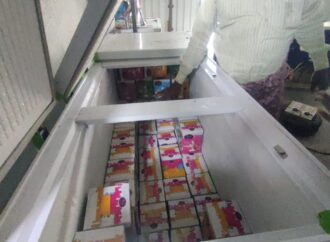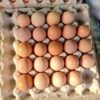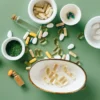Don’t Believe Every Viral Post You See
Social media churns out a steady stream of bizarre claims and half-truths about food. In an age where food influences lifestyle choices, these posts often trigger unnecessary fear. Two persistent rumours that still circulate widely are about the wax coating on apples and so-called “plastic vegetables.” Let’s clear the confusion with facts.
Yes, You Can Eat the Wax on Apples
Apples naturally produce a waxy layer that locks in moisture and keeps the fruit fresh. But this layer often wears off during harvesting, transport, and storage. To keep apples fresh for longer, suppliers apply food-grade wax coating. In India, the Food Safety and Standards Authority of India (FSSAI) permits only specific edible waxes—like carnauba wax (from Brazilian palms), shellac (from insects), and beeswax. These waxes meet food safety standards and pose no harm to your health. Viral claims that these coatings contain plastic or industrial wax are completely false. Indian food regulations ban non-edible waxes on fruits and vegetables. If you’re still unsure, wash the fruit under warm water or wipe it with a clean cloth. You don’t need to do it for safety—but it may give you peace of mind.
No, Your Vegetables Aren’t Made of Plastic
In 2019, videos showing coloured liquids being poured into vegetable-shaped moulds went viral in India. People began to believe that fake plastic vegetables had entered their local markets. But those clips showed wax replicas—commonly used as food models outside Japanese restaurants—not real vegetables meant for eating.
Similar hoaxes about plastic rice, plastic cabbage, and plastic eggs have also gone viral over the years. Some even targeted processed snacks like Kurkure. However, FSSAI repeatedly debunked these claims, stating clearly that they lack any scientific evidence and serve only to mislead the public.
Know the Facts Before You Panic
You need to stay alert about food safety—but you also need to stay informed. Edible wax coating on apples are safe and regulated. Plastic vegetables in your grocery bag? They’re pure fiction. Avoid falling for food-related fear-mongering online. Trust verified sources, and keep your diet—and peace of mind—clean and clear.
Source: Manoramaonline
 Food Manifest
Food Manifest 